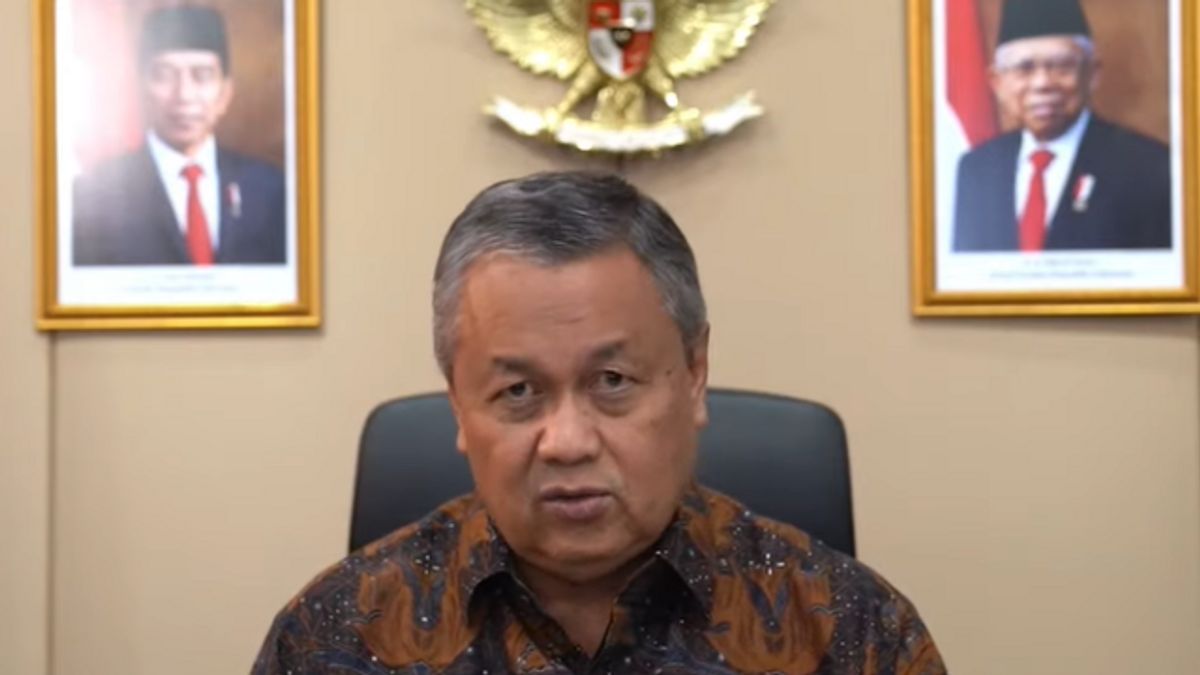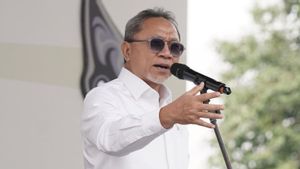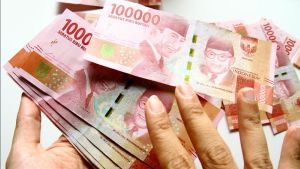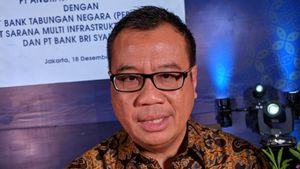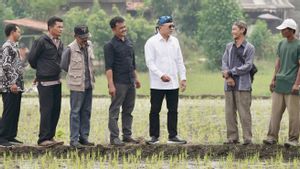JAKARTA - Bank Indonesia (BI) Governor Perry Warjiyo said the leading sector of Indonesia's sharia economy has made extraordinary progress from the halal value chain and continues to be on the path of recovery, so that it is able to grow 3.9 percent year-on-year (yoy) in 2017. the first quarter of 2022.
The leading sectors in question are agriculture, halal food, Muslim clothing, and Muslim-friendly tourism. The four sectors had previously grown by 2.1 percent (yoy) in 2021.
"That way, the Islamic economy will play a bigger role in the recovery of the national economy," said BI Governor Perry Warjiyo in The 6th Annual Islamic Finance Conference, quoted by Antara, Wednesday, August 24.
He said the development of the sharia economy in Indonesia and throughout the world grew very rapidly and made a significant contribution to economic development in the country.
One of these rapid developments is seen in the economic sector in the halal industry which has shown remarkable progress through the four leading sectors of the sharia economy.
In Indonesia, he continued, sharia business also includes the growth of MSMEs and the economic development of Islamic boarding schools. Perry Warjiyo said there are 30,000 Islamic boarding schools throughout Indonesia that have developed a sharia business model.
"They not only support education, but also create opportunities for students to learn and have experience in business and entrepreneurship," said Perry.
Therefore, he hopes that all parties need to jointly increase the role of the sharia economy in Indonesia, especially MSMEs and Islamic boarding schools, because there are still various challenges that may be faced in the future.
The English, Chinese, Japanese, Arabic, and French versions are automatically generated by the AI. So there may still be inaccuracies in translating, please always see Indonesian as our main language. (system supported by DigitalSiber.id)
